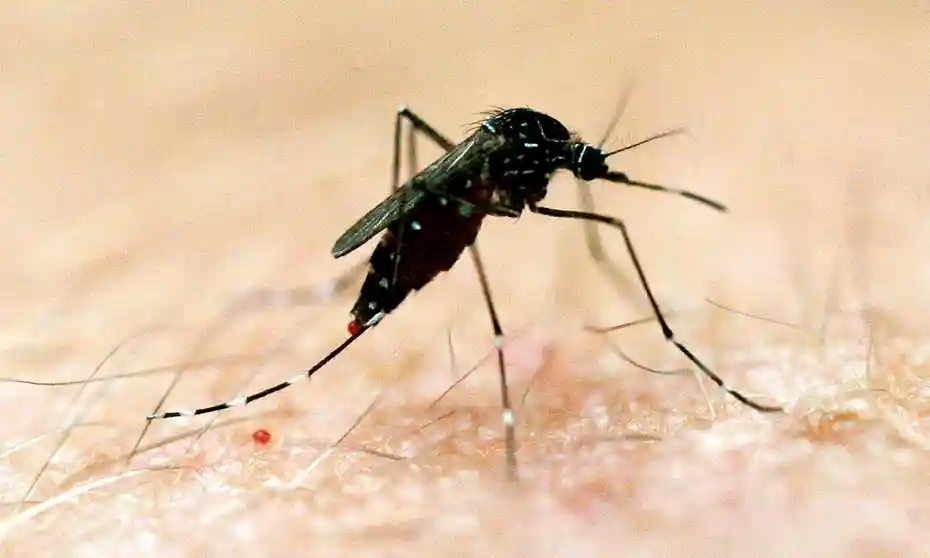



Article by: Hari Yellina
The outbreak of Japanese encephalitis has now expanded to humans. The first documented case is of a Queenslander. This mosquito-borne sickness has now been identified as the cause of pig mortality on three farms in Victoria’s northwestern region. Numerous farmworkers in Victoria are also suspected of being affected and are being treated in hospitals. The virus was just recently discovered to have infected a person in Queensland. The verified case travelled through regional southern Queensland lately and is currently recovering in a Brisbane hospital. The human case followed a discovery last week at a piggery in southern Queensland. Detections have also been made in New South Wales, South Australia, and Victoria.
The Japanese encephalitis virus has been identified as the cause of piglet deaths at three different pig farms in Victoria’s north. One of each was detected in the Loddon Shire, the Campaspe Shire, and the Wangaratta Shire. In fact, in Australia, the disease was previously unknown. Moreover, in flood-ravaged Queensland, a public health notice has been issued. The virus is transmitted to humans and animals through the bite of an infected mosquito. Here, pigs and horses are the most commonly affected animals. Clinicians at Queensland hospitals have been told to keep an eye out for JEV in patients who have encephalitis or a similar disease. Detections have also been made in New South Wales, South Australia, and Victoria.
The majority of JEV infections in humans result in no symptoms or just moderate symptoms such as a headache or fever. A person with severe condition may develop encephalitis, which is characterised by abrupt onset of vomiting, high fever and chills, severe headache, light sensitivity, neck stiffness, and nausea/vomiting. Children under the age of five and older persons infected with JEV have a higher chance of having more serious illness. Humans are not at risk from eating pork or pig products. Pork products are completely safe to consume. Fortunately, the virus cannot be passed from one person to another.
Agriculture Victoria has set up an incident management team with employees on the ground to undertake surveillance and assist farmers with information and guidance. Dr. Graeme Cooke, Victoria’s chief veterinary officer, said a number of Victorian farmers have contacted Agriculture Victoria and submitted samples for testing since the announcement of the first positive Japanese encephalitis detection last weekend. Dr. Cooke said that the Japanese encephalitis virus causes reproductive failure in pigs, predominantly through stillbirths and piglets with indications of central nervous system disease.
Horse owners are also encouraged to take precautions to safeguard their horses against Japanese encephalitis if bitten by infected mosquitoes, according to Agriculture Victoria. Lethargy, anxious signals, and hyperexcitability are common symptoms in horses. In Australia, no confirmed instances of Japanese encephalitis in horses have been reported.Dr. Cooke urged animal owners to contact the 24-hour Emergency Animal Disease Watch Hotline on 1800 675 888, their local veterinarian, or Agriculture Victoria animal health personnel if they see any unexpected pig fatalities, particularly piglets, or unexplained horse diseases.